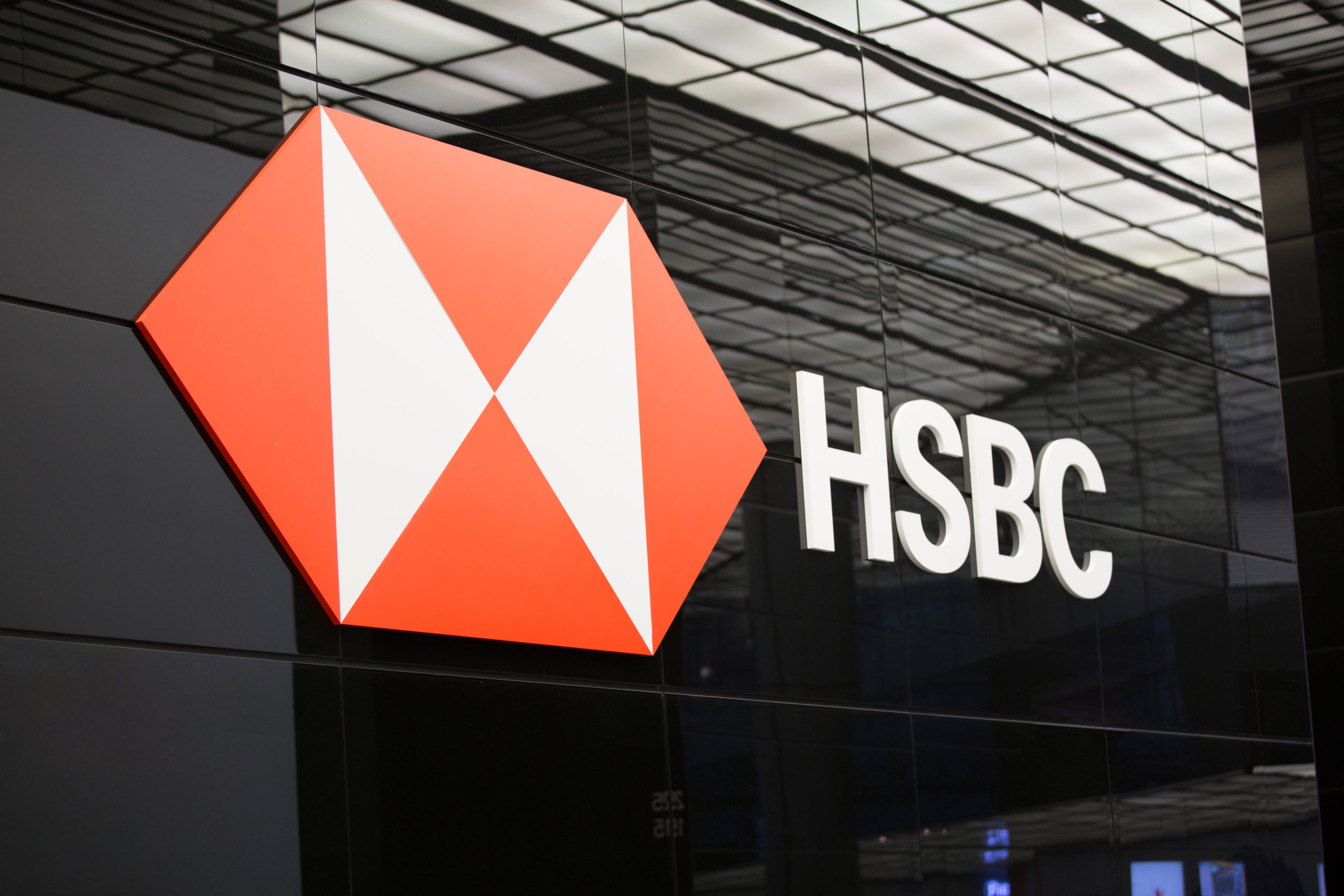Wachovia’s Risks Loom Large for Wells
Yesterday Wachovia announced an eye-widening $23.9 billion loss for the third quarter, and it raises the question again of whether Wachovia’s suitor, Wells Fargo & Co., is getting a good deal paying $15.1 billion for the beleaguered Charlotte, N.C., bank.
Publicly, Wells is positive on Wachovia. John Stumpf, Wells Fargo’s CEO, was not surprised by Wachovia’s earnings results. Wachovia’s third quarter results were “very much in line with our expectations,” he says.
Wells Fargo appears to be in a strong position to acquire Wachovia in its extremely battered state. But buyer beware: it has been demonstrated in past mergers that good intentions can backfire. Looking back less than 10 years ago, Conseco Inc., the insurance, investment and lending company, acquired Green Tree Financial Corp., a mobile home lender. At the time, Steven Hilbert, CEO of Conseco, said that the Green Tree deal was “the best acquisition ever in financial services.” The re-named Conseco Financial’s stock declined 15% the day the deal closed and continued to fall. Wall Street analysts said Hilbert overpaid for Green Tree and after consecutive quarters of lower than expected earnings and declining shares, Conseco Financial filed for Chapter 11 bankruptcy protection.
Such dismal M&A can be found among banks, too. It is largely acknowledged that Wachovia was done in by its Golden West Financial Corp. deal in 2006. Wachovia paid $25 billion for Golden West. Most of the $18.78 billion of goodwill impairment charges reflect the declining values of Golden West’s mortgage portfolio.
Although mergers and acquisitions are generally consummated with the best intentions, any deal can quickly turn into a case of buyer’s remorse. Just ask Richard Hilbert, former CEO of Green Tree, and Ken Thompson, former CEO of Wachovia.
Meanwhile, Wells’s financial strength is going to bear on whether its Wachovia deal will work. Wells, itself, reported declining third quarter earnings decline of $1.64 billion or 25% compared to $2.17 billion during the third quarter of 2007. It should be noted that Wells’s earnings declined less than its competitors’, such as JPMorgan Chase & Co. and Bank of America Corp., which reported third quarter earnings drops of 84% and 68%, respectively.












Strange times we live in. We now measure success by losing less than the competition. I guess time will tell whether Wells made the right move by buying Wachovia. I think we need to give this whole thing a little time to develop. Hopefully, some of the moves made now will pay off and some of the surviving banks will get healthier.